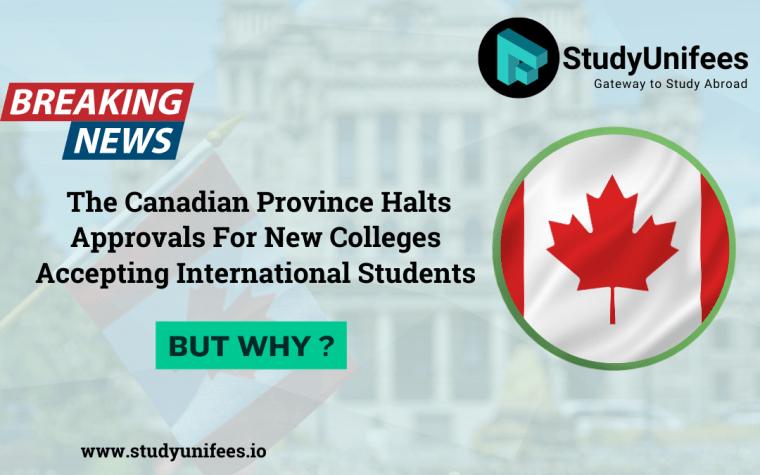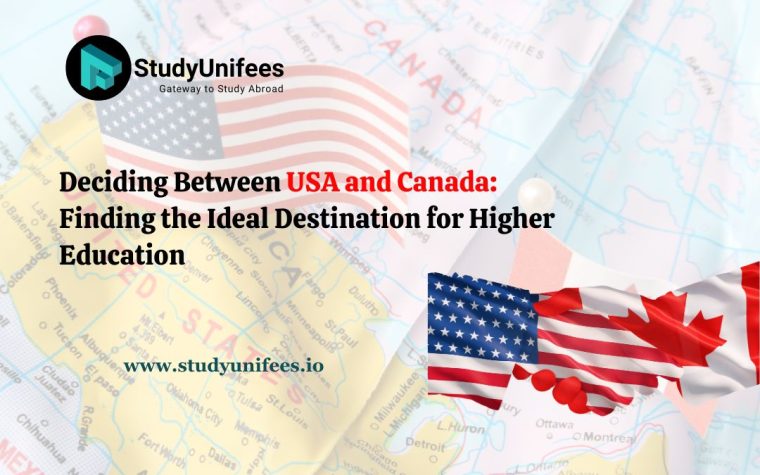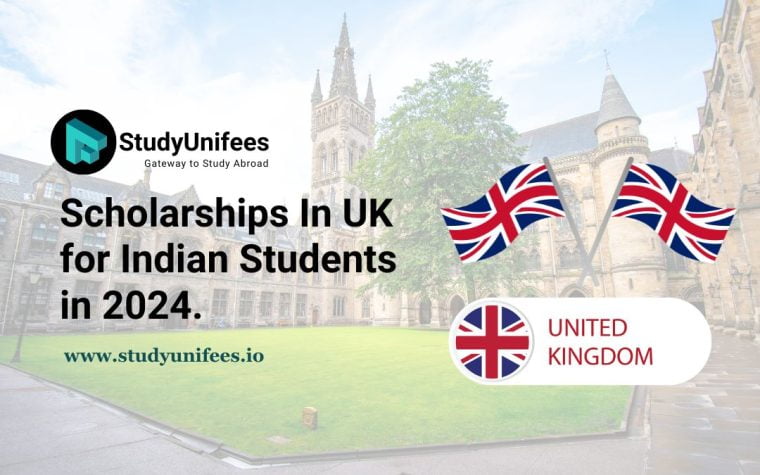Starting the adventure of studying in another country takes more than just being good at school. It requires a set of essential skills that extend beyond the classroom, helping students navigate the complexities of international education. In this comprehensive guide, we’ll delve into ten fundamental skills that every student should acquire before studying abroad, accompanied by a detailed exploration of each skill’s significance in shaping a well-rounded study abroad experience.
- Cultural Competence
Cultural competence involves understanding, respecting, and effectively interacting with people from diverse backgrounds. As students venture into international education, being culturally competent becomes crucial. This skill enables them to navigate the nuances of different cultures, fostering meaningful connections with fellow students, professors, and locals. Developing cultural competence involves immersing oneself in cultural experiences, participating in intercultural events, and actively engaging with the local community. Embracing diversity enriches the study abroad experience, promoting a global perspective that extends beyond academic boundaries. - Adaptability
Studying abroad often involves facing new and unfamiliar situations. The ability to adapt quickly is an invaluable skill that allows students to thrive in different environments. Whether it’s adjusting to a new climate, academic expectations, or social dynamics, an adaptable student can approach challenges with resilience and an open mind. Acquiring adaptability involves stepping out of one’s comfort zone, embracing change, and seeking opportunities for personal growth. Developing this skill ensures that students not only survive but flourish in the dynamic and ever-changing landscape of studying abroad. - Communication Skills
Effective communication is a cornerstone skill for successful international education. Clear and concise communication, both verbal and non-verbal, facilitates meaningful interactions with peers, professors, and locals. Language barriers, different communication styles, and cultural nuances make strong communication skills indispensable. Enhancing communication skills involves practicing active listening, seeking language proficiency opportunities, and participating in cross-cultural communication workshops. A well-developed ability to express ideas, ask for help, and engage in diverse conversations greatly contributes to the overall study abroad experience. - Time Management
Balancing academic responsibilities, cultural exploration, and personal pursuits demands strong time management skills. Efficiently allocating time to studies, extracurricular activities, and self-care ensures a well-rounded and fulfilling experience while preventing academic stress or burnout. Time management is a skill that can be honed through effective planning, setting priorities, and creating realistic schedules. Students who master this skill find themselves better equipped to handle the demands of studying abroad, maximizing both academic and personal opportunities. - Problem Solving
Studying abroad often presents unforeseen challenges. The ability to think critically and find creative solutions is crucial. Developing problem-solving skills empowers students to overcome obstacles, adapt to new situations, and make the most of their international education journey. Problem-solving can be cultivated through experiential learning, engaging in group projects, and seeking mentorship from experienced individuals. This skill not only aids in academic success but also prepares students for the real-world challenges they may encounter in their professional careers. - Independence
Studying abroad provides a unique opportunity for personal growth and independence. Being comfortable with making decisions, managing finances, and navigating daily life without constant supervision contributes to a successful and enriching study abroad experience. Fostering independence involves gradually taking on responsibilities, such as handling personal finances, navigating public transportation, and making informed decisions about health and well-being. Students who embrace independence find themselves better prepared for the demands and opportunities that come with studying abroad. - Resilience
Resilience is the capacity to bounce back from setbacks and challenges. Studying abroad may involve facing homesickness, academic pressures, or cultural adjustment. Resilient individuals can navigate these challenges, learn from experiences, and emerge stronger. Cultivating resilience involves developing a positive mindset, seeking support when needed, and embracing the learning opportunities embedded in adversity. Students who possess resilience are better equipped to navigate the highs and lows of studying abroad, transforming challenges into opportunities for personal and academic growth. - Open-mindedness
Approaching new ideas, cultures, and perspectives with an open mind is vital when studying abroad. Embracing diversity, being receptive to different worldviews, and challenging preconceived notions foster personal and intellectual growth. Open-mindedness can be nurtured through exposure to diverse cultures, participation in intercultural activities, and engaging in respectful conversations with individuals from varied backgrounds. Students who cultivate open-mindedness find themselves enriched by the diverse experiences and perspectives encountered during their study abroad journey. - Financial Literacy
Understanding budgeting, managing expenses, and navigating currency exchange are essential financial skills for studying abroad. Financial literacy ensures that students can make informed decisions, avoid unnecessary stress, and make the most of their financial resources. Financial literacy involves learning about local currencies, creating realistic budgets, and exploring cost-effective ways to manage daily expenses. Students who are financially literate not only make sound financial decisions but also ensure a more comfortable and worry-free study abroad experience. - Interpersonal Skills
Building positive relationships with fellow students, locals, and faculty members is key to a fulfilling study abroad experience. Strong interpersonal skills, including empathy, active listening, and collaboration, contribute to a supportive and inclusive community. Developing interpersonal skills involves participating in group activities, engaging in team projects, and seeking opportunities for cultural exchange. Students who excel in interpersonal skills find themselves building a network of connections that not only enhance their study abroad experience but also open doors to future collaborations and friendships.
10 Big Differences: Studying in a Developing Country vs. Studying Abroad in a Developed Country
- Academic Infrastructure
Studying in a developed country often provides access to state-of-the-art academic infrastructure, well-equipped libraries, and advanced research facilities. In contrast, developing countries may face limitations in infrastructure, affecting the overall academic environment. The availability of cutting-edge technology, research tools, and modern classrooms in developed countries contributes to a more dynamic and resourceful learning experience. - Technology Integration
Developed countries tend to have advanced technology integration in education, including e-learning platforms, digital resources, and cutting-edge classroom technology. In developing countries, access to technology may be more limited, impacting the educational experience. The reliance on digital platforms, online resources, and interactive learning tools in developed countries offers students a tech-savvy and innovative academic environment. - Language of Instruction
In developed countries, many programs are offered in English, making it accessible to international students. In developing countries, the primary language of instruction may be a local language, requiring proficiency in that language for effective learning. The language barrier in developing countries may present challenges for international students, while studying in a developed country often provides a more inclusive and English-friendly academic environment. - Cultural Diversity
Studying abroad in a developed country often exposes students to a more diverse range of cultures, perspectives, and backgrounds. In developing countries, the student body may be more homogenous, offering a different cultural experience. The cultural diversity in developed countries contributes to a globalized learning environment, enriching the academic and social aspects of the study abroad experience. - Quality of Research Opportunities
Developed countries often have robust research ecosystems with extensive funding, advanced laboratories, and collaborative opportunities. Research opportunities in developing countries may be limited, impacting the depth and breadth of academic exploration. The emphasis on research and innovation in developed countries provides students with access to cutting-edge projects, renowned mentors, and a vibrant academic community. - Cost of Living
The cost of living in developed countries is generally higher than in developing countries. Students studying abroad in developed countries need to budget accordingly for accommodation, transportation, and daily expenses. The higher cost of living in developed countries often corresponds to a higher standard of living, improved public services, and a more comfortable lifestyle for international students. - Accessibility of Extracurricular Activities
Developed countries often offer a wide range of extracurricular activities, cultural events, and recreational options. In developing countries, the availability of such activities may be more limited, influencing the overall student experience. The abundance of extracurricular opportunities in developed countries allows students to engage in a diverse range of activities, fostering personal development and social connections. - Healthcare Facilities
Access to high-quality healthcare is often more readily available in developed countries. International students studying in a developed country may benefit from comprehensive health services, while those in developing countries may encounter limitations in healthcare infrastructure. The accessibility and quality of healthcare services in developed countries contribute to the overall well-being and security of international students. - Safety and Security
Developed countries tend to have lower crime rates and robust safety measures. Studying in developing countries may require a heightened awareness of safety concerns, necessitating additional precautions and adjustments to local security conditions. The safety and security measures in developed countries create a secure environment for international students, allowing them to focus on their studies and exploration without compromising their well-being. - Networking and Career Opportunities
Studying in a developed country often provides extensive networking opportunities with industry professionals and access to a broader job market. In developing countries, networking opportunities may be more localized, requiring proactive efforts to build connections within the local job market. The global networking opportunities and exposure to diverse industries in developed countries enhance the employability and career prospects of international students.
In conclusion, acquiring essential skills before study abroad in 2024 is crucial for a successful and enriching experience. Whether navigating cultural differences, managing finances, or adapting to new environments, these skills empower students to make the most of their international education journey. Additionally, understanding the differences between studying in a developing country and studying abroad in a developed country allows students to make informed decisions about their academic pursuits and cultural experiences, fostering a more well-rounded and prepared approach to their study abroad adventure.









